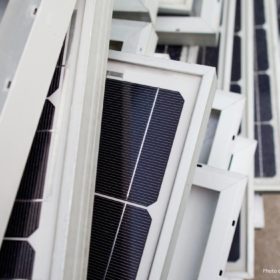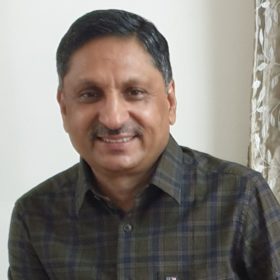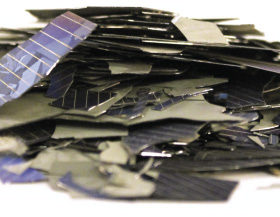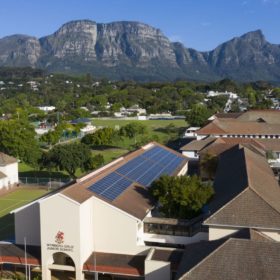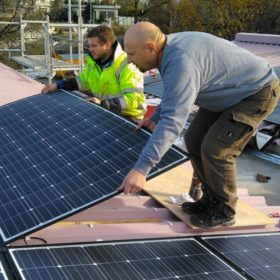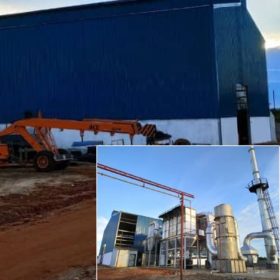A circular economy can support India’s push for clean energy and self-reliance
Recovering valuable raw materials from end-of-life solar panels and batteries presents a great opportunity for India to secure their future availability as the nation chases its ambitious renewable energy targets.
Orsted’s transition shows the way for Indian utilities and renewable energy companies
Orsted transitioned from a coal-intensive utility to a global renewable energy leader creating immense shareholder wealth. A new report looks at what strategic decisions led to this transition and learning for Indian companies to look forward to the future energy transition.
Hydromet to set up lithium-ion battery recycling plant in Gujarat
The Gujarat-based extractive metallurgy technology solutions provider will set up a 1,000 tonnes per annum (TPA) lithium-ion battery recycling plant, primarily based on the hydrometallurgy process developed in-house. It plans two more such facilities, taking the overall capacity to 10,000 TPA.
New solar addition may generate 21 kilotonnes of PV module waste by 2030
India’s solar capacity growth up to 2030 also means the generation of a significant mass of PV module waste due to early failures or damages during transportation, installation, and operation. The waste generation could be 21 kilotonnes assuming India’s cumulative installed PV capacity grows to 287.4 GW by 2030 from 40 GW in 2020. This doesn’t include end-of-life panel waste as PV systems installed between 2020-30 are assumed to have at least 30 years of lifetime.
International group offers $68m loans for struggling off-grid clean energy distributors
‘More than 90’ suppliers of appliances such as solar lanterns and home solar panels, as well as mini-grid installers, will be offered low-interest credit by an assortment of government-backed and privately-financed entities.
Energy transition to create 60m solar jobs by 2050
The switch from fossil fuels and nuclear will bring a jobs dividend thanks to the greater labor-intensity of renewables plants, according to a paper published by Finland’s LUT. However, the jobs dividend is unlikely to be evenly spread around the world, with Europe set to be a big winner.
CATL claims to have made sodium-ion batteries a commercial reality
The manufacturer has launched sodium-ion products online. Production has begun and will be easily scalable, according to the CATL chairman. Researchers have been keen to make the technology work as it offers a cheaper, more environmentally friendly alternative to lithium-ion products.
The prospects for solar in a 1.5C world
We will need 10.7 TW of clean energy generation capacity this decade to stay on track with the most ambitious of the climate change paths agreed in Paris, which would include plenty of solar investment and jobs, according to the International Renewable Energy Agency.
Gravita Group enhances lead recycling capacity at Africa plant
The Jaipur-headquartered company carries out smelting of lead ore, lead concentrate, lead battery scrap, and aluminum scrap to produce secondary lead metal and aluminum ingots.
Camel death sparks debate over siting solar in deserts
The sharp-edged angles at a solar installation site in Rajasthan injured a camel so severely that it bled to death.
